Navigating Israel: A Comprehensive Guide to Its Cities
Related Articles: Navigating Israel: A Comprehensive Guide to Its Cities
Introduction
With enthusiasm, let’s navigate through the intriguing topic related to Navigating Israel: A Comprehensive Guide to Its Cities. Let’s weave interesting information and offer fresh perspectives to the readers.
Table of Content
Navigating Israel: A Comprehensive Guide to Its Cities
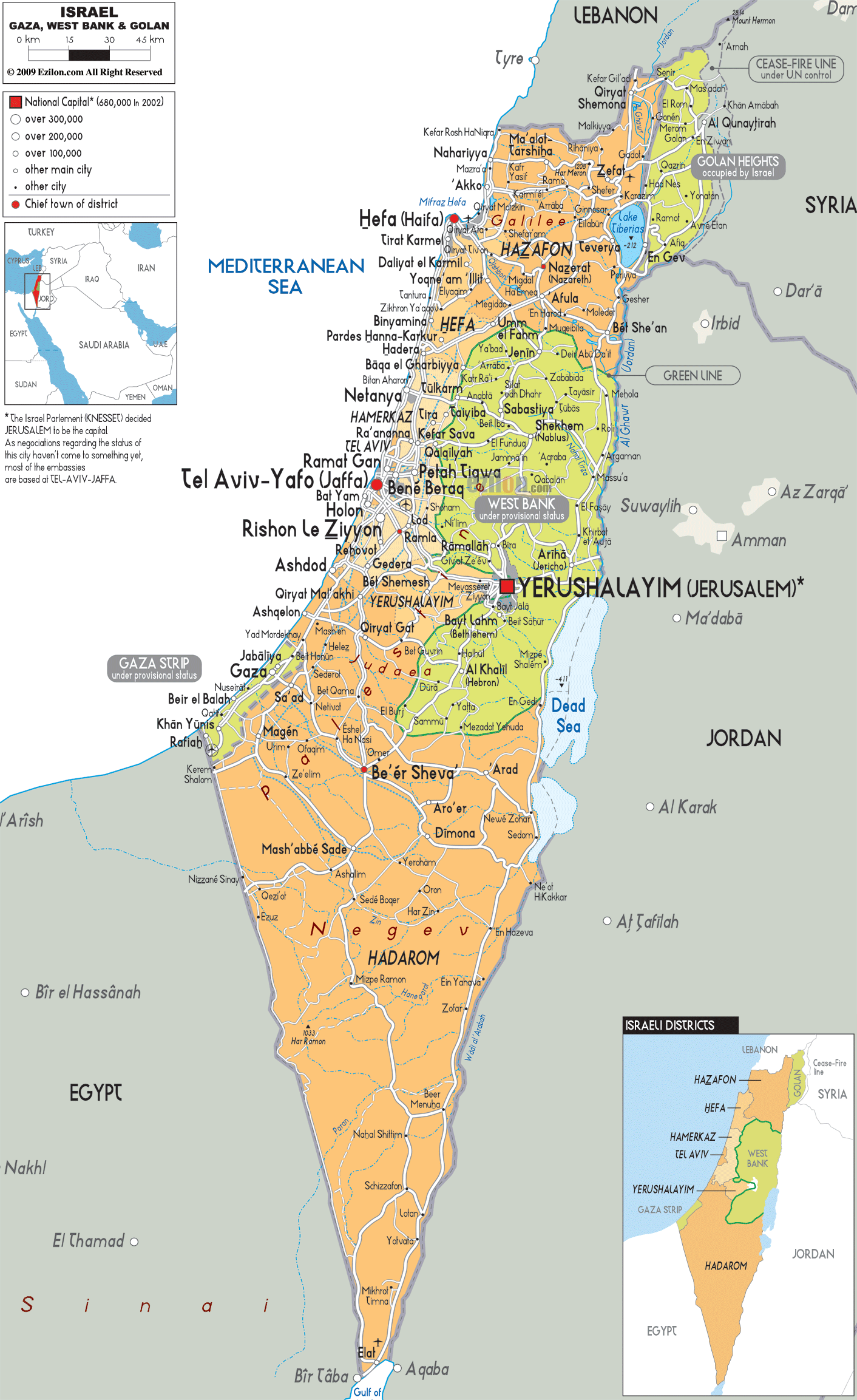
Israel, a land steeped in history and vibrant with modern life, boasts a diverse tapestry of cities, each offering unique experiences and captivating stories. Understanding the geographical distribution of these urban centers is crucial for appreciating the country’s complex social, cultural, and economic landscape. This article provides a comprehensive overview of Israel’s cities, exploring their historical significance, cultural offerings, and economic contributions.
Jerusalem: The Eternal City
Nestled in the Judean Mountains, Jerusalem stands as a city of immense religious and historical importance. Home to the Western Wall, the Dome of the Rock, and the Church of the Holy Sepulchre, it is a pilgrimage site for Jews, Muslims, and Christians alike. Jerusalem is also a thriving center of education and culture, housing renowned institutions like Hebrew University and the Israel Museum.
Tel Aviv: The City That Never Sleeps
Located on the Mediterranean coast, Tel Aviv is Israel’s bustling commercial and cultural hub. Known for its vibrant nightlife, world-class restaurants, and stunning beaches, Tel Aviv offers a cosmopolitan atmosphere. The city is also a significant center for technology and innovation, hosting a growing startup scene and several research institutions.
Haifa: The City of Gardens
Situated on the slopes of Mount Carmel, Haifa is a port city renowned for its picturesque gardens and stunning views. The Baha’i World Centre, a UNESCO World Heritage Site, is a major attraction, drawing visitors from around the globe. Haifa is also a major industrial center, with a thriving port and significant manufacturing industries.
Beersheba: The Capital of the Negev
Located in the arid Negev desert, Beersheba is a rapidly growing city with a rich history. It serves as a regional administrative center, hosting a diverse population and a thriving agricultural sector. Beersheba is also a hub for scientific research and development, home to Ben-Gurion University and the Negev Nuclear Research Center.
Eilat: The Red Sea Paradise
Located at the southern tip of Israel, Eilat is a popular tourist destination renowned for its stunning coral reefs and vibrant marine life. The city offers a wide range of water sports, including diving, snorkeling, and windsurfing. Eilat also serves as a gateway to the Negev desert, providing access to numerous hiking trails and natural wonders.
Other Notable Cities
Beyond these major cities, Israel boasts a wealth of smaller urban centers, each with its own unique character and charm. These include:
- Ashdod: A major port city and industrial hub, known for its vibrant cultural scene.
- Ashkelon: A historic city with ancient ruins and a thriving agricultural sector.
- Netanya: A coastal city with beautiful beaches and a growing tourism industry.
- Herzliya: A wealthy suburb of Tel Aviv, known for its high-tech sector and upscale lifestyle.
- Rishon LeZion: A historic city with a diverse population and a strong agricultural heritage.
Understanding the Importance of Israel’s Cities
The geographic distribution of Israel’s cities reflects the country’s complex history and diverse landscape. From the ancient settlements of Jerusalem and Hebron to the modern metropolis of Tel Aviv, each city tells a unique story and contributes to the nation’s cultural and economic tapestry.
- Historical Significance: Israel’s cities are deeply intertwined with its rich history and cultural heritage. From ancient ruins to modern landmarks, these urban centers provide tangible evidence of the country’s past and its enduring legacy.
- Cultural Diversity: Israel’s cities are home to a diverse population, reflecting the country’s unique blend of Jewish, Arab, and other cultures. This diversity is reflected in the cities’ vibrant arts, music, and cuisine.
- Economic Growth: Israel’s cities play a crucial role in the country’s economic development. They serve as centers of industry, commerce, and innovation, driving growth and creating jobs.
- Regional Development: Israel’s cities are strategically located to facilitate economic and social development across the country. They serve as hubs for transportation, communication, and infrastructure, connecting different regions and fostering collaboration.
FAQs About Israel’s Cities
Q: What is the largest city in Israel?
A: Tel Aviv is the largest city in Israel, with a population of over 460,000.
Q: Which city is considered the capital of Israel?
A: Jerusalem is considered the capital of Israel by the Israeli government, although this claim is not internationally recognized.
Q: What is the most popular tourist destination in Israel?
A: Jerusalem is the most popular tourist destination in Israel, followed by Tel Aviv and Eilat.
Q: What are the best cities in Israel for nightlife?
A: Tel Aviv is renowned for its vibrant nightlife, with a wide range of bars, clubs, and restaurants.
Q: What are the best cities in Israel for shopping?
A: Tel Aviv and Jerusalem offer a wide range of shopping options, from luxury boutiques to traditional markets.
Tips for Visiting Israel’s Cities
- Plan your itinerary in advance: With so much to see and do, it’s essential to plan your trip to ensure you don’t miss any key attractions.
- Consider the time of year: Israel has a Mediterranean climate, with hot summers and mild winters. The best time to visit is during the spring or fall.
- Respect local customs: Israel is a diverse country with a rich cultural heritage. It’s important to be respectful of local customs and traditions.
- Learn some basic Hebrew phrases: While English is widely spoken in Israel, learning a few basic Hebrew phrases will enhance your experience and make it easier to interact with locals.
- Try the local cuisine: Israeli cuisine is a delicious fusion of Middle Eastern, Mediterranean, and European influences. Be sure to sample some of the local specialties.
Conclusion
Israel’s cities offer a captivating blend of history, culture, and modern life. From the ancient streets of Jerusalem to the bustling metropolis of Tel Aviv, each urban center provides a unique perspective on the country’s rich tapestry. By understanding the geographical distribution of these cities and their historical, cultural, and economic significance, visitors can gain a deeper appreciation for the complexities and richness of modern-day Israel.
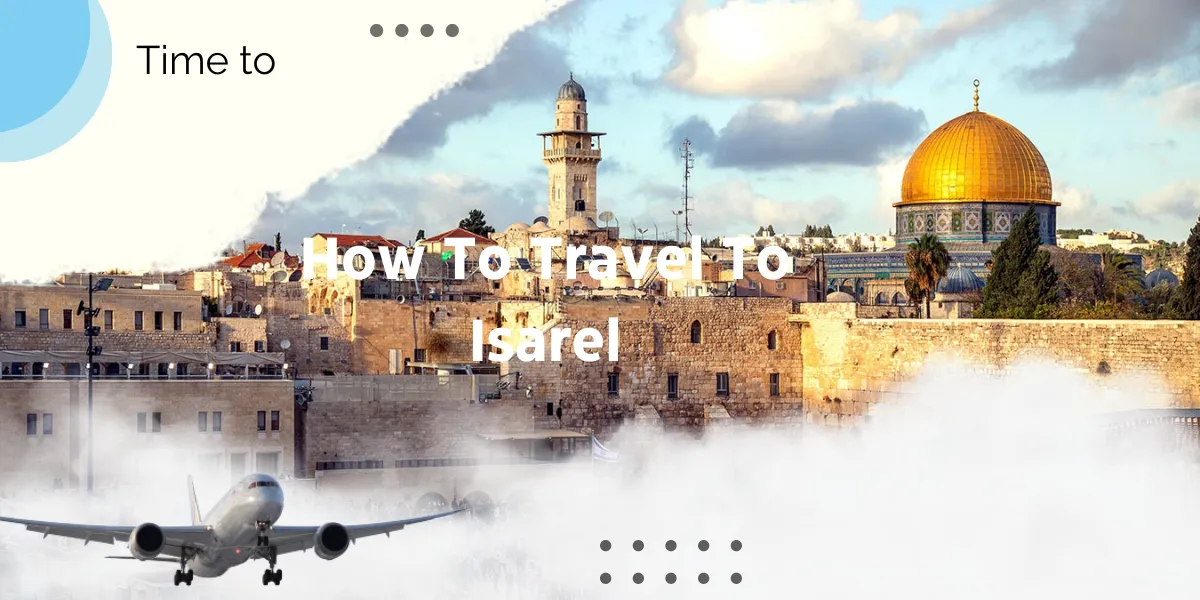

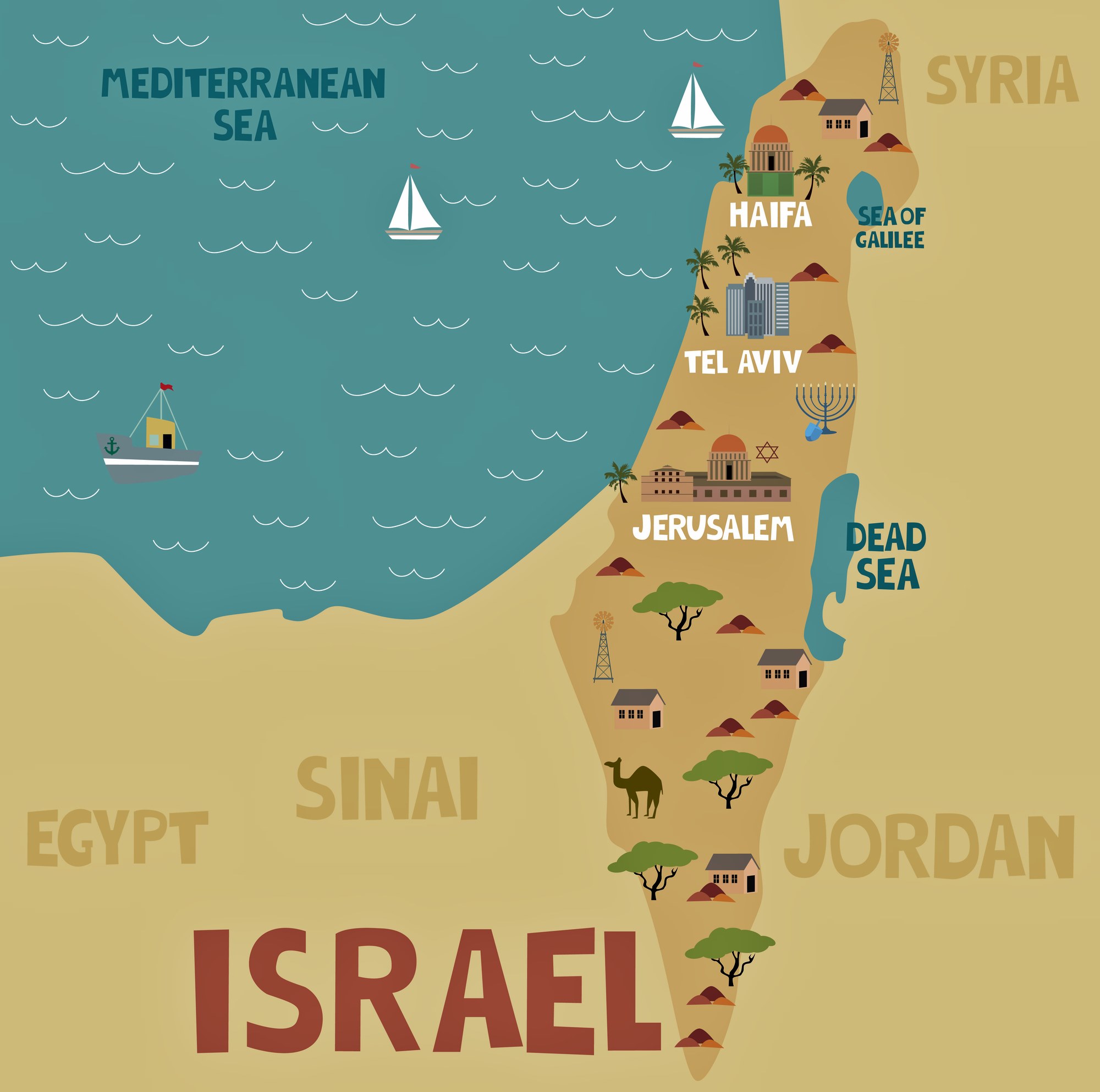
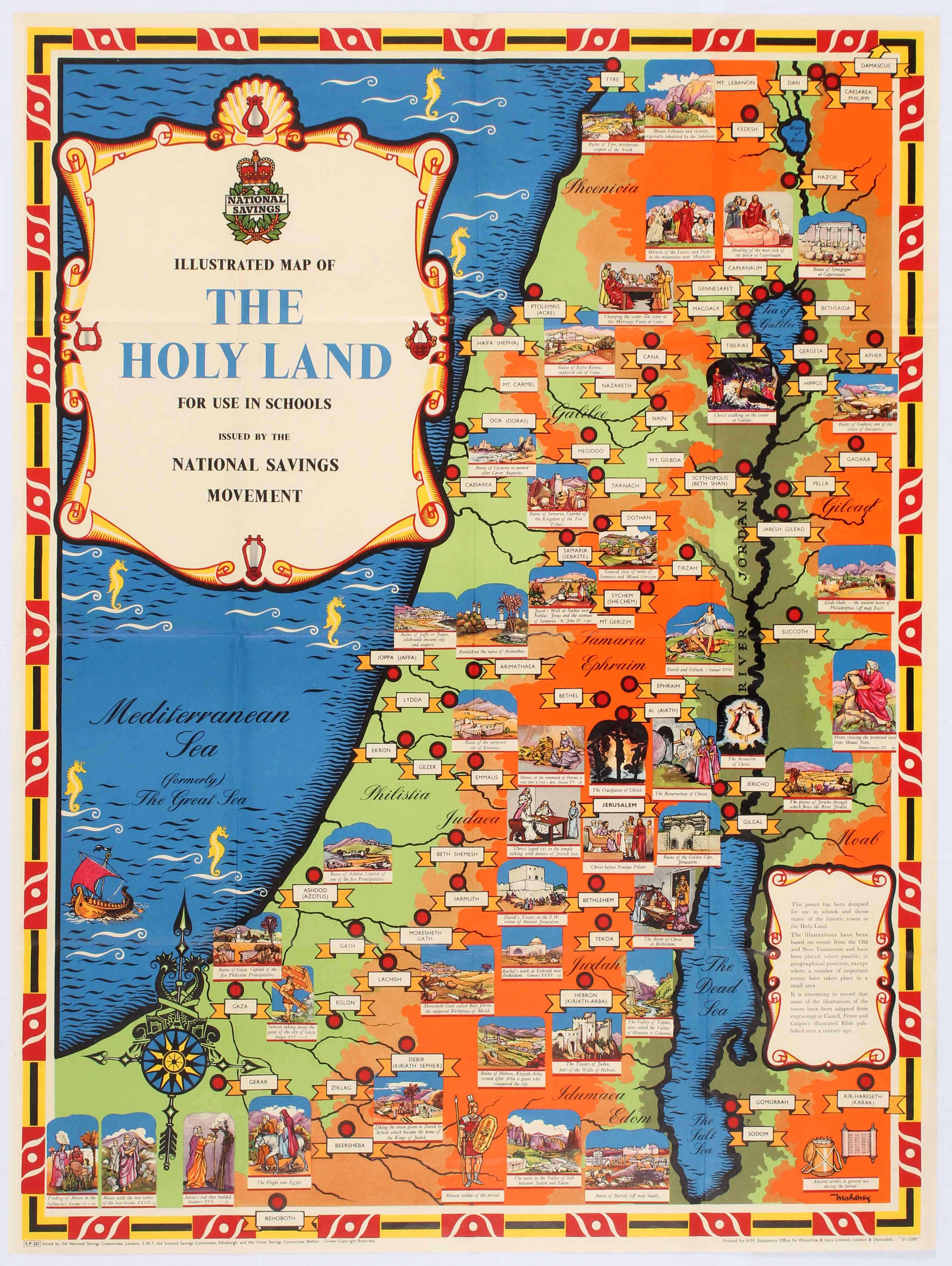
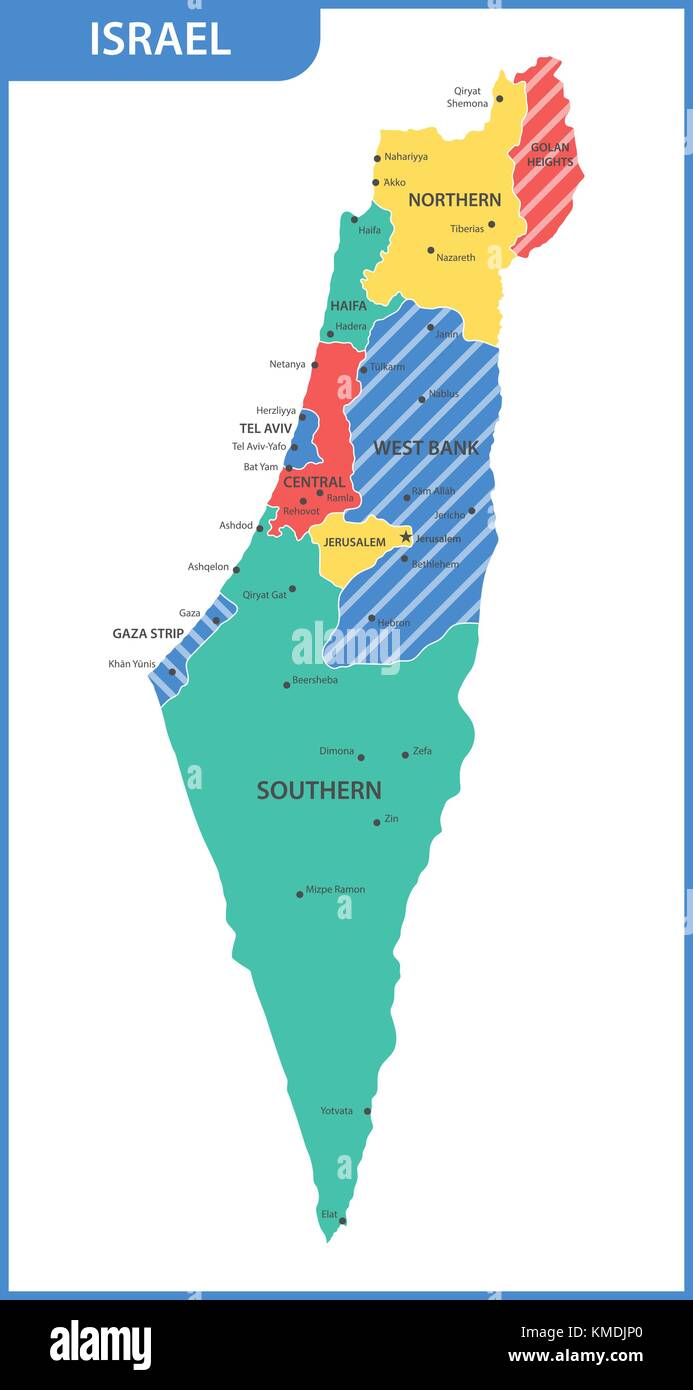



Closure
Thus, we hope this article has provided valuable insights into Navigating Israel: A Comprehensive Guide to Its Cities. We appreciate your attention to our article. See you in our next article!